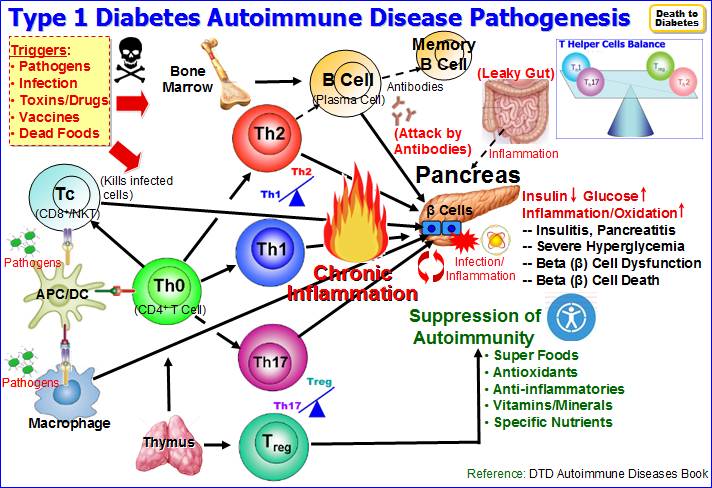M
mhassine
Thank you Dr Jeff and Christina,
You encourage me to write on several topics this Forum is concentrating on. My dog was unexpectedly diagnosed with diabetes type 1 at end-April, and this completely overhauled the way she eats, has her outings, gets supplements, gets healing, and the way I take care of her has been radically revised. Along the way, we got rid off many assumptions on the intentions of the traditional allopathic vet medicine, the way processed food is organized and monitored in this country, and threw away many given assumptions on whether diabetes type 1 may be reversed. Actually it can.
I have to share stories, disappointing ones, but cheerful ones too. We made a lot of discoveries along the way.
My dog is my guide on a new path of healing, love, and how to control ones' fears.
You encourage me to write on several topics this Forum is concentrating on. My dog was unexpectedly diagnosed with diabetes type 1 at end-April, and this completely overhauled the way she eats, has her outings, gets supplements, gets healing, and the way I take care of her has been radically revised. Along the way, we got rid off many assumptions on the intentions of the traditional allopathic vet medicine, the way processed food is organized and monitored in this country, and threw away many given assumptions on whether diabetes type 1 may be reversed. Actually it can.
I have to share stories, disappointing ones, but cheerful ones too. We made a lot of discoveries along the way.
My dog is my guide on a new path of healing, love, and how to control ones' fears.


